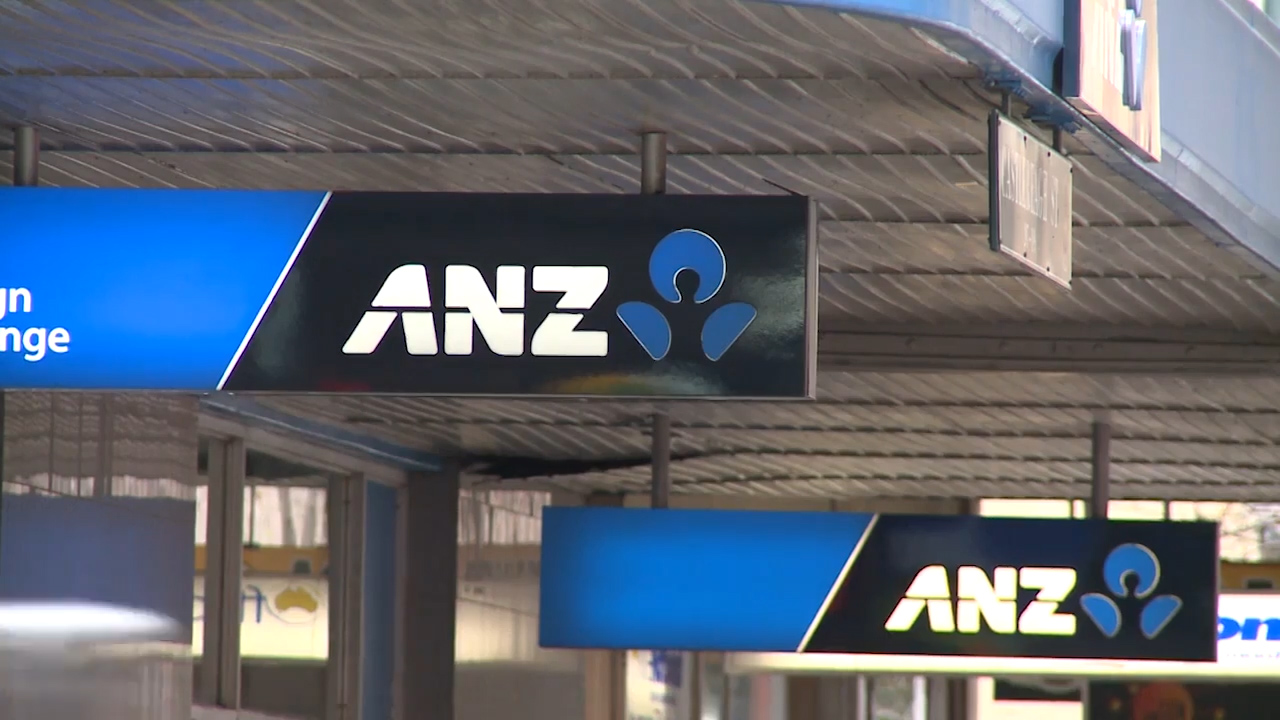There is a “significant risk” that the Australian Bankers’ Association (ABA) Retail Banking Remuneration Review will draw “false conclusions” on broker remuneration, according to the Australian Finance Group (AFG).
Managing director of AFG, Brett McKeon, said the review does not have the information gathering powers or resources required to include broker remuneration within its scope. Instead, it should cede this responsibility to the review currently being conducted by the Australian Securities & Investments Commission (ASIC).
The ABA “should not risk reducing confidence in its findings by referring to, or basing recommendations on, isolated anecdotal statements,” he said in a letter to Stephen Sedgwick AO, who is heading up the review.
An example of how the Sedgwick review misses the point can be found in its recently released Issues Paper which highlighted the banking industry practice of increasing the commission rate of a mortgage product to increase its sales, he said.
McKeon added that this emphasis failed to consider the combination of incentives that a bank may offer brokers, the consumer benefits of brokers fulfilling their responsible lending obligations under the National Consumer Credit Protection Act 2009 (NCCP Act), and negative factors such as increased processing delays caused by these types of promotions.
“The suggestion that a broker will chase higher commission at the risk of recommending something unsuitable or risk clawback and damage their reputation and therefore their business for a few dollars more is ludicrous.”
“In fact, AFG has provided extensive empirical information to ASIC for the purposes of the ASIC Remuneration Review that indicates that there is no real correlation between the commission rate offered and the market share of a lender.”
McKeon also slammed the Sedgwick Issues Paper for alleging that “third-party mortgages are likely to be larger, paid off more slowly, and more likely to be interest only loans than those provided to equivalent customers who dealt directly with bank staff”.
“It is extremely disappointing that the above statement was included in the Issues Paper, albeit with the final acknowledge that the information that was considered is not conclusive,” he said.
Instead, it was important to note that the attributes of loans introduced to the banks through the broker channel directly relate to the attributes of customers who sought out the broker in the first place.
“For example, consumers seeking larger loans may seek the assistance of a broker in order to maximise potential savings.”
Finally, McKeon said there was a danger that the Sedgwick review could treat the roles, responsibilities and risks associated with mortgage brokers as equivalent to financial planners.
“It is important to remember that the government intentionally excluded mortgage brokers from the Future of Financial Advice reforms (FOFA),” he said.
“This approach recognises that the regulatory failures that the government sought to address with FOFA did not include residential mortgages and that mortgage brokers were already subject to an appropriate protective regulatory regime under the NCCP Act, including the responsible lending obligations.”






